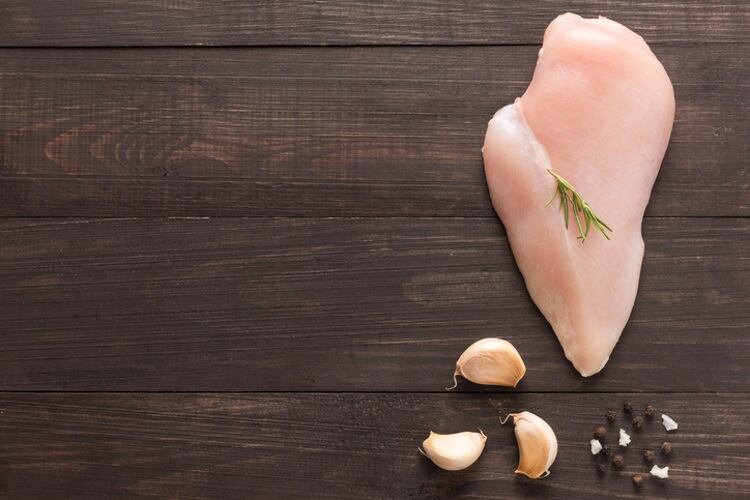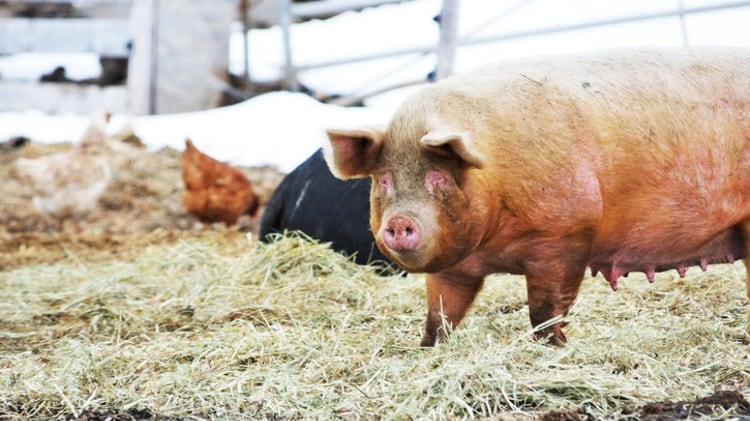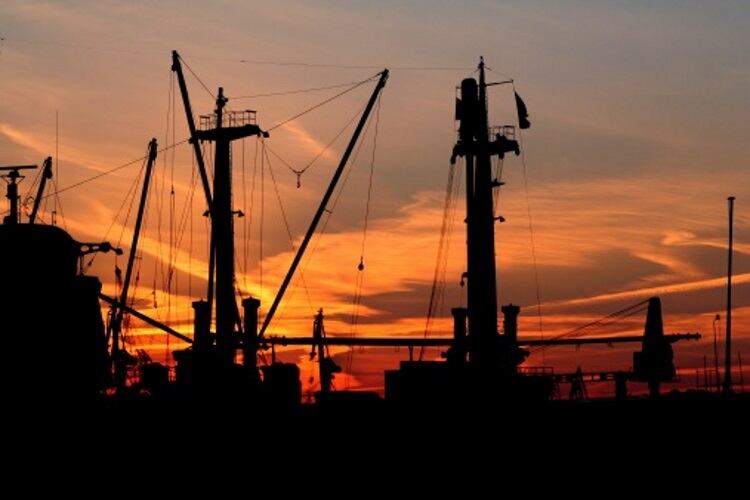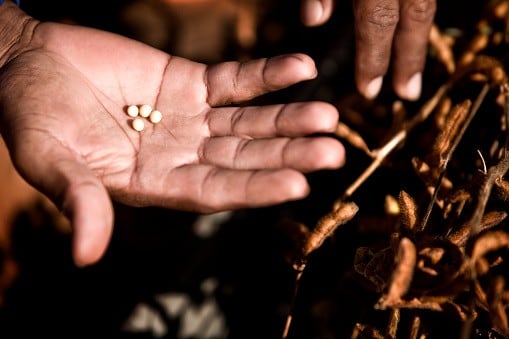Albert Davleyev, vice-president of the International Poultry Development Program told the local magazine Agroinvestor that in 2018, that decline is likely, and in the best case scenario there will be slight growth in the Russian poultry industry, limited to only 2%, as compared to the previous year. This is associated with acute growth in price for feedstuff on the Russian market, as well as feed additives and fuel.
In addition, numerous poultry farms, both in European Russia and in remote regions have been closed this year, Davleyev said. The overall production in the country is also affected by the financial problems of the Russian agricultural holding Belaya Ptitza, which was forced to stop production this year.
In the first nine months of 2018, Russian poultry production reached 5.097 million t, 0.9% up as compared to the same period of the previous year, Russian State Statistical Service estimated. This is the slowest pace of growth in the industry in the past two decades.
Industry disagrees
It is too early to make certain forecasts for 2019, but it is unlikely that there will be any fall in poultry meat production in Russia, Sergey Yushin - chairman of the National Meat Association told GlobalMeatNews. Some small-scale poultry producers indeed stopped operation in 2018, as a part of the general consolidation trend in the industry, he said.
On the other hand, at this point no growth in poultry meat production is expected in Russia as well in 2019, Yushin continued. Giving the production capacities and the demand, there is a certain balance on the market and although some companies have reserved capacities with the ability to increase production, they would not do that, in order to not disrupt the balance, he said.
The growth in production is possible only in case if there would be certain achievements with poultry export, although this issue would largely depend on veterinary situation in Russia, Yushin concluded.
Brazil import is an additional threat
There will be no growth in poultry production in 2019 on the background of the falling purchasing power of the Russian population, Lyubov Burdienko, commercial director at Russian analytical agency EMEAT, told GlobalMeatNews.
For any new projects it would be very hard to be implemented, giving the present situation on the market, Burdienko explained. In addition, the return of the Brazil meat to Russia would be a threat to the very existence of particular poultry producers, Burdienko stressed.
Meat consumption in Russia reached its peak and there would be no further growth in the absence of the rise in the real incomes of the Russian population, Burdienko noted. Giving this, the impact of the Brazil meat supplies would be felt not only in the poultry segment, but on the Russian meat market in general, she concluded.




